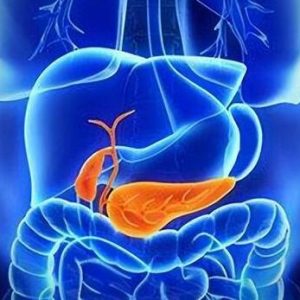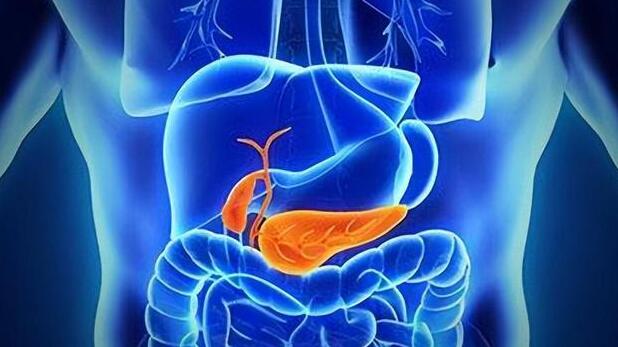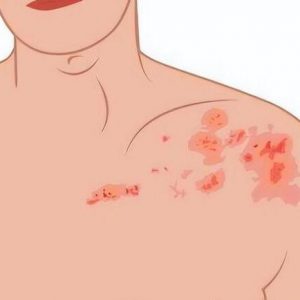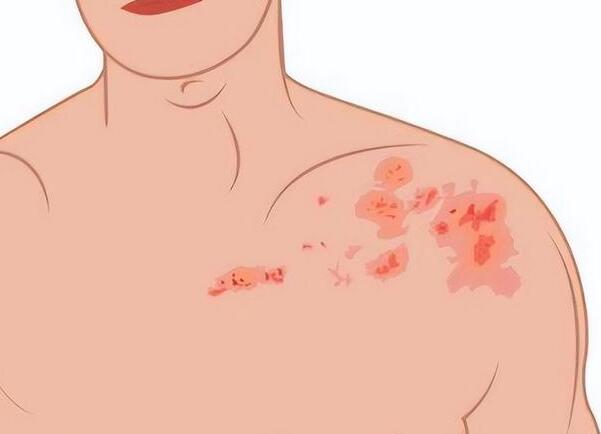Liver cancer, a malignancy originating from the liver, can manifest in various types. Some are benign (non-cancerous) while others are malicious (cancerous). There are primarily two categories of liver cancer:
- Primary Liver Cancer: This type directly originates from the liver. The most common form is Hepatocellular Carcinoma (HCC). Less frequent primary liver cancers include Intrahepatic Cholangiocarcinoma and Hepatic Angiosarcoma.
- Secondary Liver Cancer: Also known as Metastatic Liver Cancer, these are malignant tumors formed by cancer cells that have spread to the liver from other parts of the body.

Primary Liver Cancer
The most common type, Hepatocellular Carcinoma, often correlates with conditions such as:
- Prolonged B or C viral hepatitis infections
- Chronic alcohol consumption leading to cirrhosis
- Exposure to carcinogens like Aflatoxin produced by molds
- Autoimmune liver diseases
- Hepatic steatosis, including Non-Alcoholic Fatty Liver Disease (NAFLD) and Non-Alcoholic Steatohepatitis (NASH)
Secondary Liver Cancer
Not originating from the liver, metastatic liver cancer involves cancer cells from other organs, such as the colon, breast, lung, and pancreas, spreading to the liver via blood or lymphatic systems.
Liver Cancer’s characteristics include a stealthy onset, long latency, high malignancy, rapid progression, strong invasion, easy metastasis, and poor prognosis, contributing to an increasing annual incidence rate.
Symptoms Indicative of Liver Malfunction
- Fatigue: One of the earliest symptoms is enhanced tiredness.
- Digestive Issues: Loss of appetite, nausea, vomiting, diarrhea, or constipation.
- Weight Changes: Unexplained weight loss or gain.
- Jaundice: Impaired liver function may fail to process bilirubin efficiently, causing yellowing of the skin and eyes.
- Abdominal Discomfort: Pain and swelling, especially in the right upper abdomen, sometimes accompanied by ascites (fluid accumulation in the abdomen).
- Itching: Chronic skin itchiness due to liver diseases.
- Dark Urine: Deep-colored urine, possibly indicating increased bilirubin levels.
- Pale Stool: Stools may turn clay-colored or grayish, often signaling bile duct obstruction.
- Bleeding Tendencies or Bruising Easily: The liver produces several clotting proteins; impaired liver function can lead to bleeding or bruising.
- Cognitive Impairment: Severe liver diseases, such as advanced cirrhosis, can cause confusion or cognitive disorders, known as hepatic encephalopathy.
Should any of these symptoms arise, immediate medical consultation and corresponding tests are advised.
Why Is Liver Cancer Often Detected at a Late Stage?
- Asymptomatic Early Stages: Early liver cancer typically causes no significant symptoms. Internally, the liver lacks pain sensors, and small tumors usually produce only mild discomfort, making them difficult to detect early.
- Compensatory Capacity of the Liver: The liver has an excellent functional reserve capacity; even with partial damage, it can maintain normal physiological functions, masking the disease’s presence.
- Lack of Routine Screening: No widespread screening programs exist for the general population outside high-risk groups. Even for high-risk individuals (like those with chronic hepatitis or alcoholic liver disease), recommended monitoring might not be consistently followed.
- Non-Specific Symptoms: When symptoms do appear, they are often non-specific, such as fatigue, weight loss, or discomfort in the right upper abdomen, easily confused with more common illnesses leading to misdiagnosis or delayed diagnosis.
- Rapid Progression: Liver cancer can rapidly grow and spread beyond the liver, transitioning from asymptomatic to late-stage symptoms quickly.
- Lacks Specific Biomarkers: Although AFP (Alpha-fetoprotein) levels in the blood serve as a monitoring marker for liver cancer, it is not specific enough, resulting in false positives and negatives, limiting its effectiveness as an early screening tool.
- Socioeconomic Factors: In resource-limited regions, a lack of medical facilities and expertise hinders early diagnosis. Additionally, people may delay seeking medical help due to economic burdens, distrust of the medical system, or a lack of awareness.
- Complications Overshadowing: Liver cancer often occurs in individuals with pre-existing liver diseases, such as chronic hepatitis or cirrhosis patients, where underlying condition symptoms may mask the development of liver cancer.
Therefore, raising awareness about liver cancer, especially among high-risk populations, and implementing regular liver health monitoring are crucial for early detection and treatment.
Foods That Can Harm the Liver
- High-Fat Foods: Fast foods, fried foods, and foods high in saturated fats can lead to fat accumulation in the liver and potentially Non-Alcoholic Fatty Liver Disease.
- High-Sugar Foods: Sugary beverages, candy, desserts can also contribute to fat buildup in the liver.
- Processed Foods: Highly processed foods containing additives, preservatives, and other chemicals can impose additional detox stress on the liver.
- Alcohol: Excessive drinking is a significant factor leading to hepatitis, cirrhosis, and ultimately liver cancer.
- High-Copper Foods (for Wilson’s Disease): People with Wilson’s disease should avoid copper-rich foods like oysters, chocolate, nuts, and mushrooms to prevent liver damage.
- Certain Herbal Supplements and Medicines: Misuse or overdose of certain herbal supplements and prescription or over-the-counter drugs can harm the liver.
- Excess Salt: High-sodium foods can cause fluid retention and raise blood pressure, adding strain to the liver.
Consuming the above foods does not immediately cause significant liver damage but can increase the risk when consumed excessively or in the presence of existing liver diseases. Maintaining a balanced diet and healthy lifestyle is key to keeping the liver healthy.
Screening for Liver Cancer
- Blood Test: AFP Testing: An elevated AFP level suggests possible liver cancer but is non-specific and can indicate other conditions.
- Imaging Tests:
Ultrasound: The most commonly used screening tool for liver cancer due to its non-invasive nature and low cost. It can reveal abnormalities in the liver.
CT Scans and MRI: These more detailed imaging tests may follow an ultrasound if abnormalities are found or if ultrasound images are unclear.
Regular Monitoring: High-risk individuals are advised to undergo ultrasound and/or AFP level testing every six months.
Comprehensive Assessment: Besides individual screening methods, doctors may consider multiple factors to determine the best screening strategy for a patient.
If screening results suggest potential liver cancer, further diagnostic steps such as biomarker analysis, MRI, CT scans, or liver biopsies may be recommended to confirm the diagnosis. For those known to be at risk for liver cancer, adhering to recommended screening schedules is essential.
Preventing Liver Cancer
1. Vaccination:
Hepatitis B Vaccine: Vaccination against Hepatitis B is vital as it is a significant risk factor for liver cancer.
There is no vaccine for Hepatitis C, but effective antiviral treatments can eliminate the virus.
2. Healthy Diet and Lifestyle:
Control weight to reduce the risk of fatty liver turning into cirrhosis or liver cancer.
Avoid excessive alcohol consumption, which can lead to cirrhosis and liver cancer.
Maintain a diet rich in whole grains, vegetables, and fruits.
3. Managing Other Health Conditions:
Control blood sugar to prevent or manage diabetes, which is also linked to increased liver cancer risk.
Lower the risk from metabolic syndrome factors like high cholesterol and hypertension.
4. Minimizing Exposure to Carcinogens:
Limit consumption of foods potentially contaminated with Aflatoxin, a fungal toxin found in improperly stored grains and nuts.
Avoid unsafe needle practices, such as injecting drugs or body piercing/tattooing without sterile equipment to prevent transmitting Hepatitis B and C.
5. Regular Medical Checkups:
Individuals known to be at risk for liver diseases, like carriers of hepatitis or cirrhosis patients, should undergo regular medical examinations and liver function monitoring.
6. Proper Use of Certain Medications:
Some medications require doctor supervision and may harm the liver when used long-term or in excess.
7. Timely Treatment of Hepatitis: If infected with Hepatitis B or C, seek proper antiviral treatment promptly.
Preventing liver cancer involves multiple approaches, including dietary improvements, lifestyle changes, controlling weight, and managing underlying diseases. Regular check-ups and screening are also critical for preventing liver cancer. By implementing comprehensive measures, the incidence and mortality rates of liver cancer can be significantly reduced.










